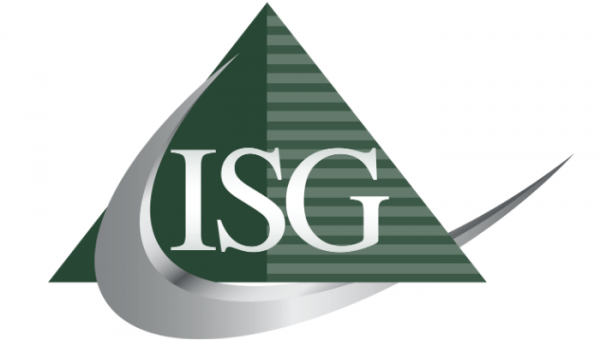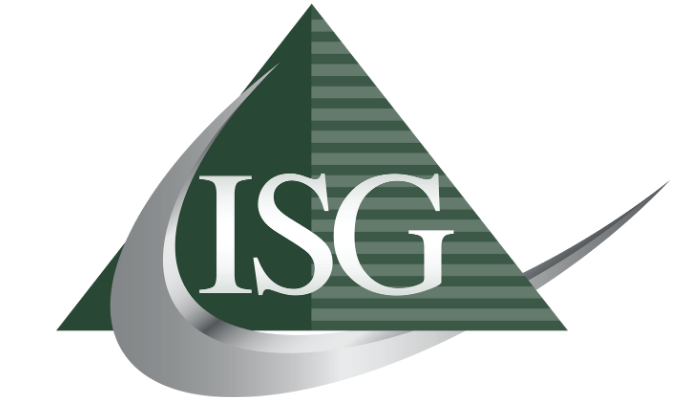IN WORKCOMPWIRE}
The Importance of Gratitude and its Impact on Work Comp Claims
By Bob Reardon, CEO, ISG
The holiday season serves as an important reminder of the importance of gratitude. While our natural inclination at this time of year may be to focus our gratitude inwardly on our personal lives, including blessings of family, friends, health or happiness, a major area of our lives that impacts all of our interpersonal relationships is our satisfaction with the workplace.
The average person will spend approximately one-third of their lifetime at work, which makes it easy to understand why job satisfaction has such an impact on our overall wellbeing. Paradoxically, a survey of 2,000 Americans by the John Templeton Foundation found that people are less likely to feel or express gratitude at work than anyplace else despite wishing to be thanked more often themselves at work.
Now more than ever, employees want to work for organizations with strong values and purpose. They want to feel heard. And they want to feel appreciated for their contributions. We, as industry leaders, can provide this and it’s easier to do than one might think.
Employee retention is critical in every industry, but especially in a workers’ compensation market that has historically struggled to attract a younger generation of workers. Occurring now and ongoing through the year 2030, approximately 10,000 people a day will reach retirement age. We’re already feeling the effects of retirement turnover and we’ve only just begun.
Each generation is driven by different motivations. One of the key attributes for millennial workers is their desire for frequent feedback. For this generation, the feedback doesn’t even have to be formal. Quick words of affirmation tend to be valued just as much as formal reviews so it’s important to express gratitude in real-time.
As leaders in the workers’ compensation industry, we need to collectively work to retain talented staff and create an environment that compels new talent to join our organizations. One of the quickest, easiest and most inexpensive way to boost job satisfaction and performance is to tell others that their work is appreciated. While myriads of studies have demonstrated that showing gratitude at work raises overall company success, research studies also find that gratitude is equally as good for the giver and can help to improve their own wellbeing and reduce stress.
If this was not reason enough to increase our rate of expressing gratitude in the workplace, then we can also explore the more direct tie-in between gratitude and workers’ compensation. Higher job satisfaction generally tends to be just as important as hazard reduction in controlling workers compensation claims. It also has an impact on claims outcomes.
Two common psychosocial issues inhibiting injured employees’ recovery include job dissatisfaction and feelings of lack of support. If we can eliminate these barriers we can work toward better outcomes. Therefore, what we can gather is:
- Expressing gratitude in the workplace can result in higher job satisfaction
- Higher job satisfaction can result in fewer claims; and,
- Higher job satisfaction can also help improve recovery and return to work outcomes
As leaders, retaining and attracting staff rests on our shoulders. While some corporate initiatives require significant monetary investments, there is no cost of entry for increasing gratitude. It’s perhaps one of the easiest changes that can be implemented in our industry. The holiday season is the perfect time of year to begin improving daily gratitude. I will be focusing on this in 2024 as I work to find new ways to show my appreciation to my colleagues, my clients and business partners, and my staff. Studies show this investment is worth the effort.














